Very excited to interview Maryann Lesert and hear more about her thoughts on how feminism and nature are intertwined!
Tell us more about Maryann Lesert, ecofeminist author, activist, and professor.
I have always felt a strong connection to the natural world, and as a woman, I also feel similarities in the way patriarchy treats women and nature: as resources they depend upon and are entitled to, but also as creative forces to control. In short, the ecofeminist in me recognizes that in patriarchal societies, the natural world’s intrinsic value and wisdom is disregarded much like the power of women.
As a college professor, I teach creative writing and environmental literature. I believe in art’s role in changing our cultural story, and writing – to bring about awareness, empathy, and change – has been a key driver of environmental activism.
Going back further, I grew up in a big family where current events and politics were regularly discussed around the dinner table, and this tradition continued when me and my partner of 30 years had our own children.
Some of the most powerful, recent activist experiences I have had include participating in environmentally focused conferences and protests with my adult son (a musician whose music is environmentally conscious), and marching in the Women’s March in Washington DC with my adult daughter and partner. I will never forget walking closer and closer to the downtown DC area and realizing there were a million of us filling the streets. We had a solid, palpable power.
Why did you decide to start / write Land Marks? What was it about this story that you needed to tell?
In the early to mid-2010s, fracking (deep shale horizontal, hydraulic fracturing) came to Michigan’s state forests, and I set out to learn as much as I could. After two years of “boots-on-well-sites” research, I learned a lot about drilling and fracking, the science behind the chemicals used and the risks, and the extreme water withdrawals. I wrote “get the word out” articles, but what I really wanted to write was the sensory story of fracking – what it smelled and sounded and felt like to experience that level of industrial might in the middle of the forest.
I met with the people who were living with fracking, and they were eager to share their stories, believing that if people knew what fracking did to their sense of home and place, that the public would understand why we needed to stop it. One of my one-line descriptions of Land Marks says, “Once you experience the devastation of fracking, nothing but stopping it makes sense.”
I needed to tell the sensory story – what it was like to live with fracking – so that even from a distance, readers could feel the damage fracking can do.
Why is this a feminist book?
In Land Marks, women are at the center of the direct action that takes place. Women, especially Indigenous women, have always been at the forefront when it comes to protecting water and Earth, but in representations of environmental activism (in the U.S., at least), women are often portrayed as nature lovers, as the feeling part of the movement that empowers men of action.
A quick story to illustrate:
After visiting every active frack well site in the state and entrenching myself in scientific research, I was asked (often) to speak at informational events. At one public meeting, I gave a detailed overview of drilling and fracking. I offered research on carcinogens and neurotoxins. I introduced shale layers being fracked and why. And instead of all that science, the news media featured a clip of me saying, “I love nature.”
I don’t mind being known as a nature lover. The more-than-human world is my spiritual compass. But I also know the contributions of women of science and action have powered much of our activism.
So, in Land Marks, women are openly strong and ready to lead, and the men who work alongside them do not step out front or try to assume leadership.
What is the biggest impact that you want the book to have?
Overall, Land Marks is a story of coming together – a story of the joy of standing up and saying "No more!" to any new fossil fuel infrastructure. Climate change and the ecological losses we have already experienced may feel overwhelming. Threats to our future may seem like they call for special people called "heroes" and "activists," but Land Marks offers a different solution – a group of creative, imperfect locals coming together to protect place.
Instead of romanticizing activists as special people, I want readers to understand how powerful we are when we stand together.
Sometimes, I think that our obsession with super heroes is related to our time in history, when climate change and threats to democracy seem too huge and too divisive for mere humans to handle.
An important note about place-based writing: Whenever we talk about protecting “place,” it’s important to recognize our history of injustice related to Indigenous communities and our ongoing need to address environmental racism and injustice. I think any work toward a better future need to recognize and invite discussions around injustices.
What has been your biggest learning since you started writing?
Land Marks has two parts: “Showing Up” and “Showdown.” In the first part of the novel, the characters visit well sites, organize protests, and stand up as public land is leased for oil and gas development. When these measures do not work, they go into action.
Being able to present the solidarity and the fun of joining together, in action, energized me at a time when I was feeling pretty bleak. What I re-learned was something that I tell my writing students all the time: that fiction’s greatest gift is empathy.
What the activists in my story needed was the opportunity to dream big – to imagine what we could do if we all came together. I needed that boost, too.
It was the first time that I learned that my writing didn’t always have to be in direct service. That I could inject joy into the process. That I, too, could have fun.
And now our feminist questionnaire!
What is feminism for you?
For me, feminism is a part of egalitarianism, an underlying belief in the equality of all people – that we should all have political, social, and economic rights and equal access to what our built societies have to offer. Ecofeminism is particularly important to me because I believe that the natural world, the more-than-human world, has intrinsic value. If we incorporate the knowledge that we are part of the environment, rather than masters or purveyors of it, we might just be on our way to what Aldo Leopold called our necessary social-ecological evolution.
What everyday “sexism” really bothers you?
Marriage! The sexism that exists in heterosexual marriage (this is how I have experienced sexism), especially when you have children. I remember thinking, after my partner and I had children, that it felt as if I had signed some invisible “contract” with all of society to be first a mother, then a wife, then a person with my own wants and needs. In everyday conversations people would affirm, in one way or another, that motherhood was my most important role.
Another sexism I hope has changed: Financial documents that list a married man’s name first and a married woman’s name second, regardless of alphabetical order of their last names or their contributions to joint income.
Do you remember when you first started to identify as a feminist and why?
In college.
I grew up in a large family with three sisters, two brothers, and two working parents. Though my mother (and some combination of me and my siblings) made meals and did the laundry, I also grew up learning how to complete minor car repairs, I played sports when I wanted to, and I rented a floor sander and refinished my bedroom wood floor when I was a teen. I think being self-reliant is part of growing up in a large family.
But when I went away to college, I noticed that many men my age had broad, odd assumptions about what I was or was not interested in, as a woman. Talking to a group of artists and writers – people in my fields of study – was usually a welcome reprieve. When I was painting or sharing a piece of writing, artistic intent seemed to be valued as a kind of “power” each of us had, regardless of sex or gender or expression.
Who is your biggest feminist role model?
The women writers of the environmental movement who share the science, the poetry, and the burdens of our petro-chemical era, so that we might understand ecology and interconnectedness.
I could list twenty of so authors, but basically, I love how these writers present chemical equations alongside descriptions that read like poetry, so readers understand how chemicals linger and change within our very bodies, especially as women (with biomagnification). We live in an era when PCBs and phthalates (plastics) and volatile organic compounds show up in the breast milk of nursing mothers around the globe. This is difficult science to know, but I’m thankful for authors such as Rachel Carson and Sandra Steingraber who write for our right to know.
What is your favorite feminist quote?
Because I believe in the culture changing power of the arts, I’m going to offer up a song by Michigan singer songwriter May Erlewine: “Never One Thing” (2017, from the album Mother Lion). It’s an anthem for our right to be without being defined by others.
A snippet: “I’m the underbelly / I am the claw / Never one thing, no / Not one thing at all / I’m a street fighter / I’m a prayer for peace / I’m a holy roller / I’m a honeybee”
What is your proud feminist victory?
As a writer, connecting with an audience is one of my great joys in life.
When my first novel, Base Ten was published by the Feminist Press (2009), I felt absolutely victorious when I met many women of science who had experienced the challenges that my female astrophysicist narrator, Jillian, experiences when she marries and has children.
I will never forget the conversations I had with women doctors, astronomers, biomedical scientists, who felt that I had heard them, that I had given their families and the public a way to understand how discriminating the world of science can be for women who experience even the slightest career interruptions due to motherhood.
My feminist recommendations for:
- Book: Nonfiction: Naomi Klein – from Shock Doctrine to This Changes Everything, Klein takes capitalism and the men who have controlled the economy to task. Fiction: Any novel by Linda Hogan, but start with Power.
- TV Show: Reservation Dogs – Easily, my favorite show for many reasons. We Are Lady Parts – I love how music equals being heard.
- Film: For women in science: Hidden Figures (2016). For interconnected themes of patriarchy, women, and nature: Whale Rider (2002) and The Piano (1993), and for friendship between badass women in revolt: Thelma and Louise (1991), which feels much more like the 80s did, to live through.
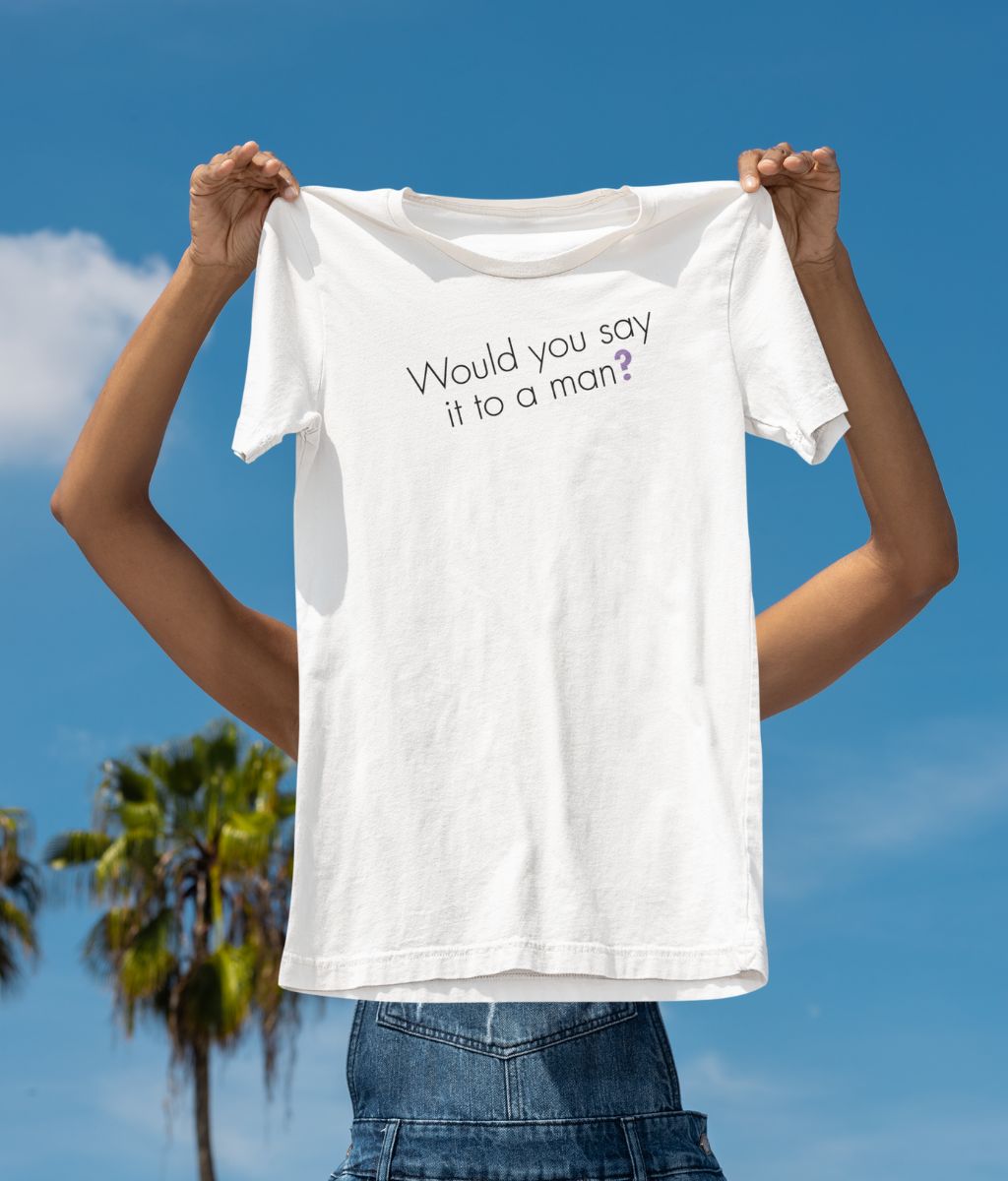
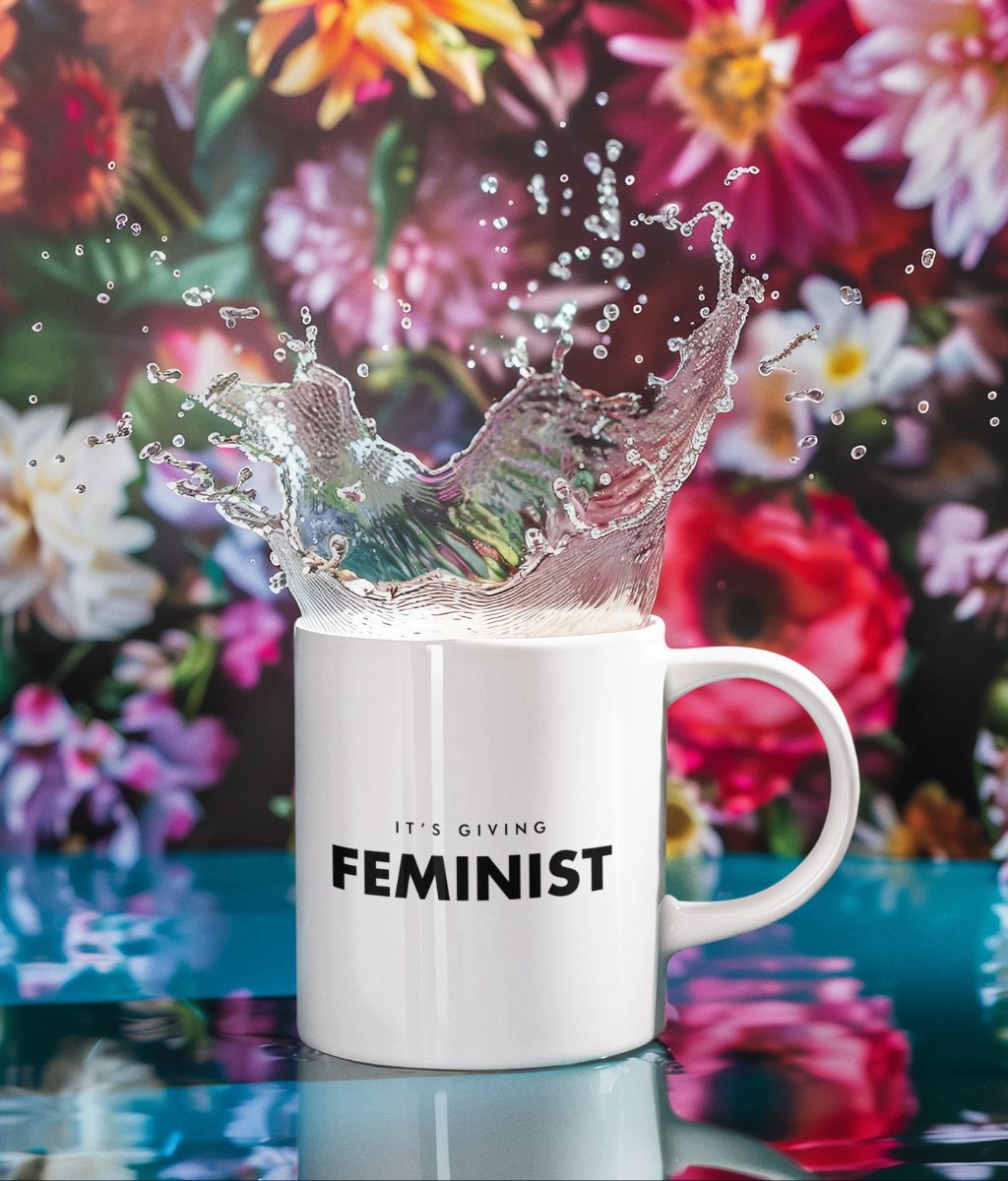
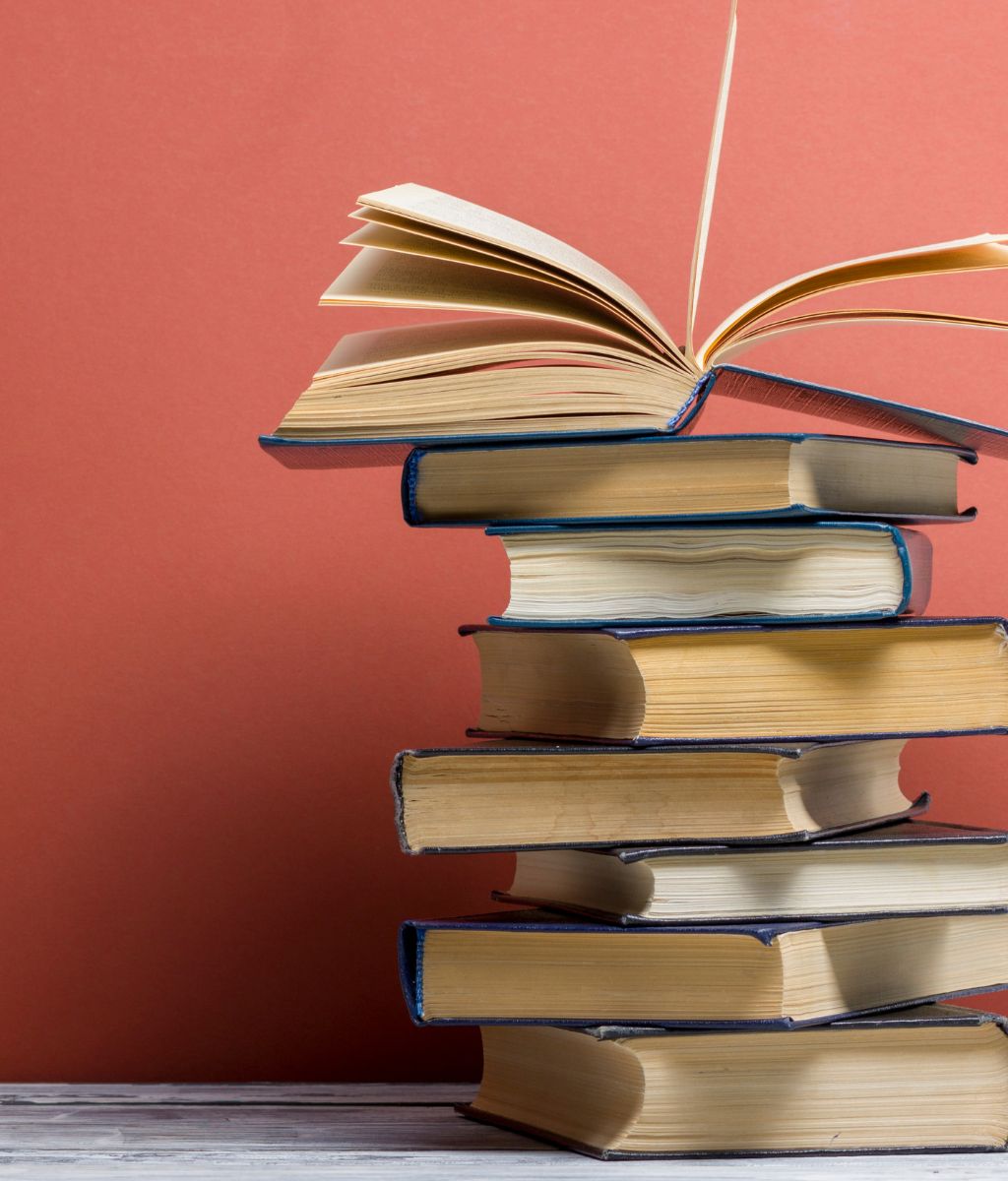
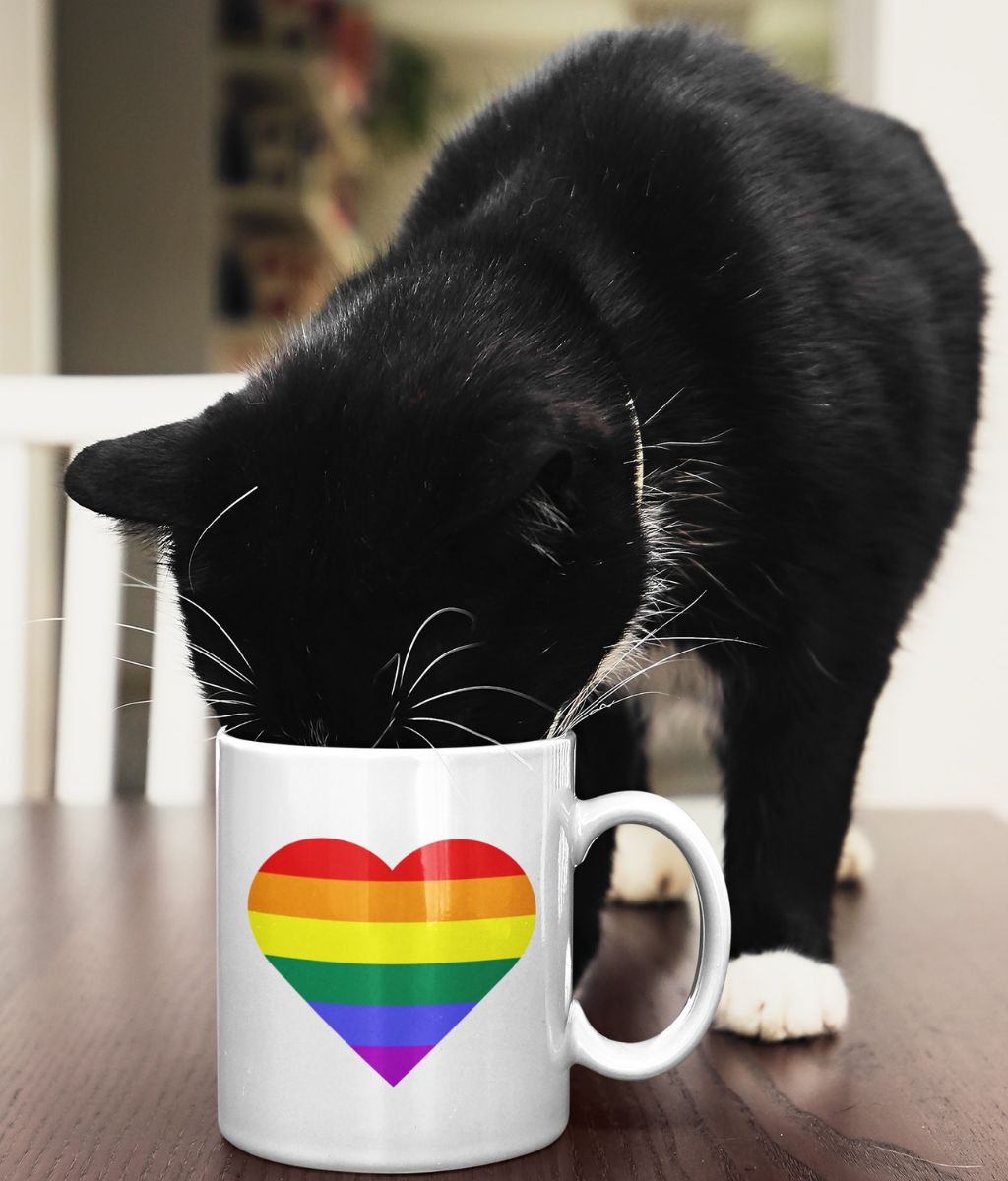
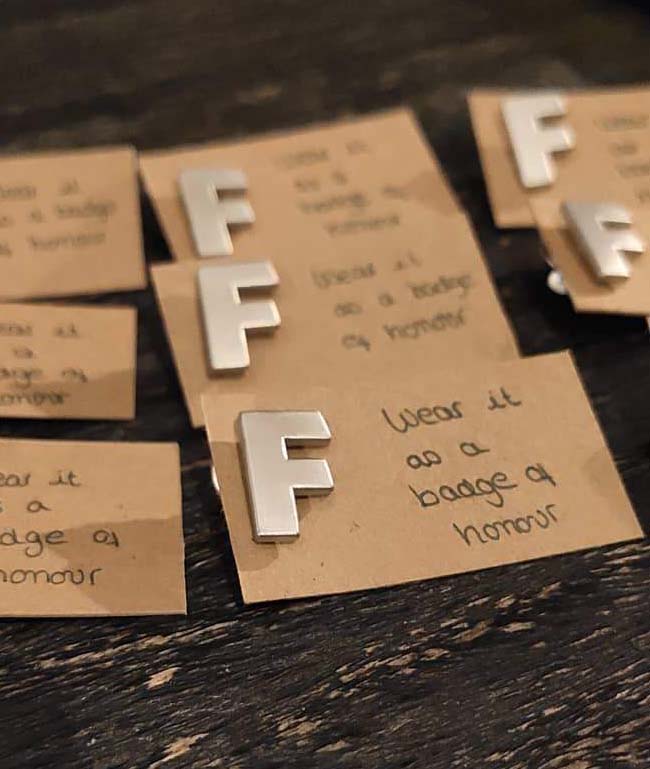
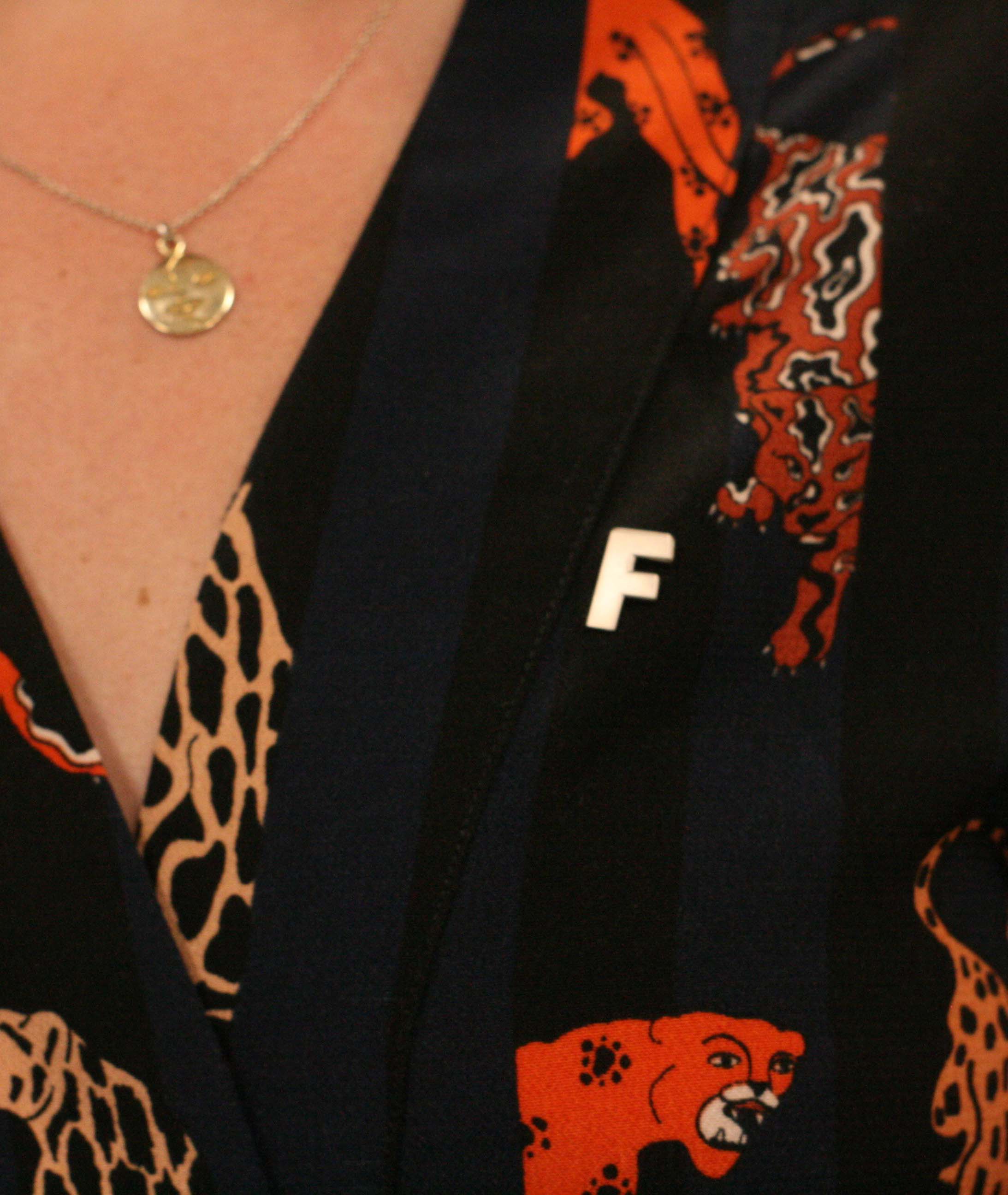
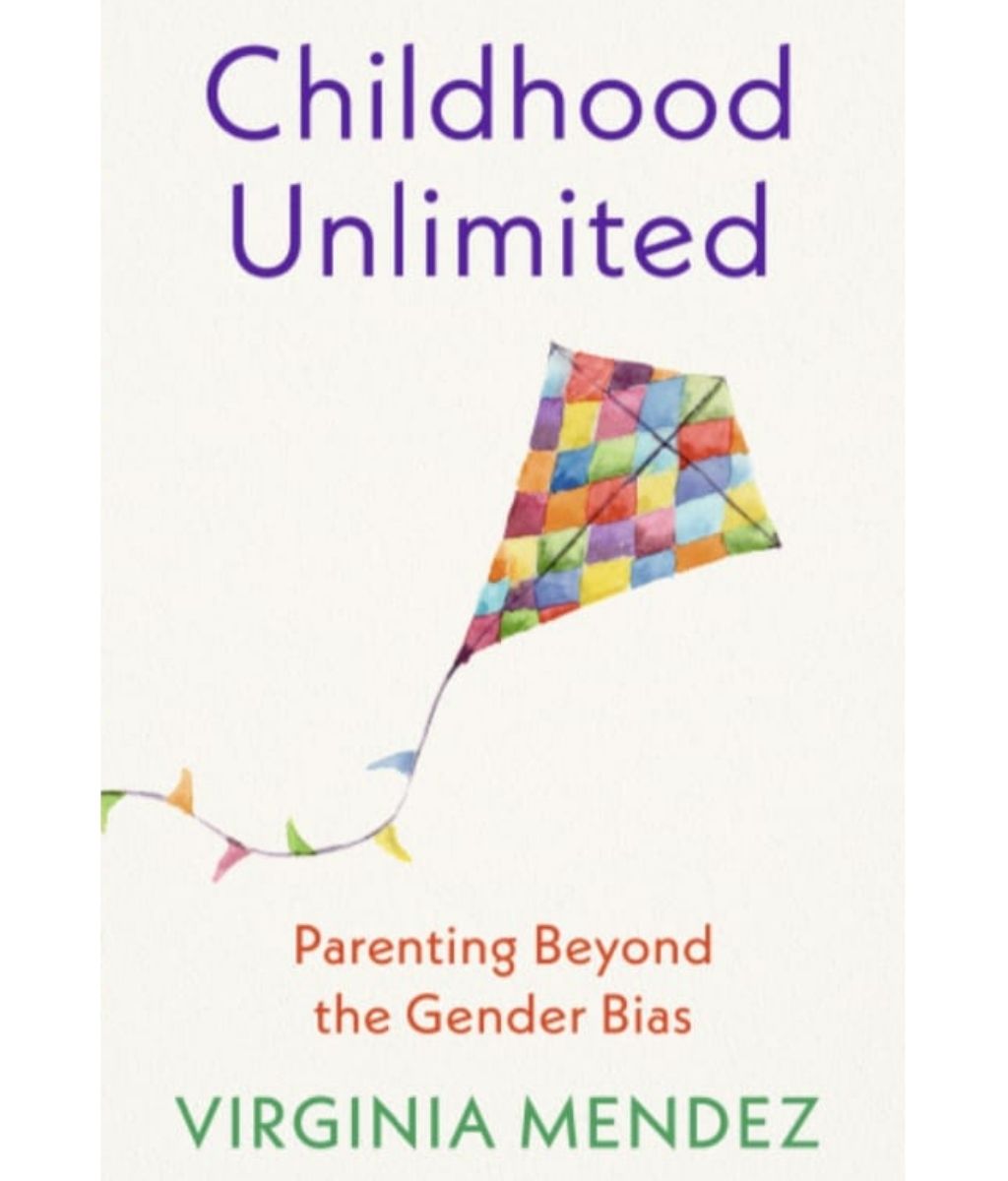
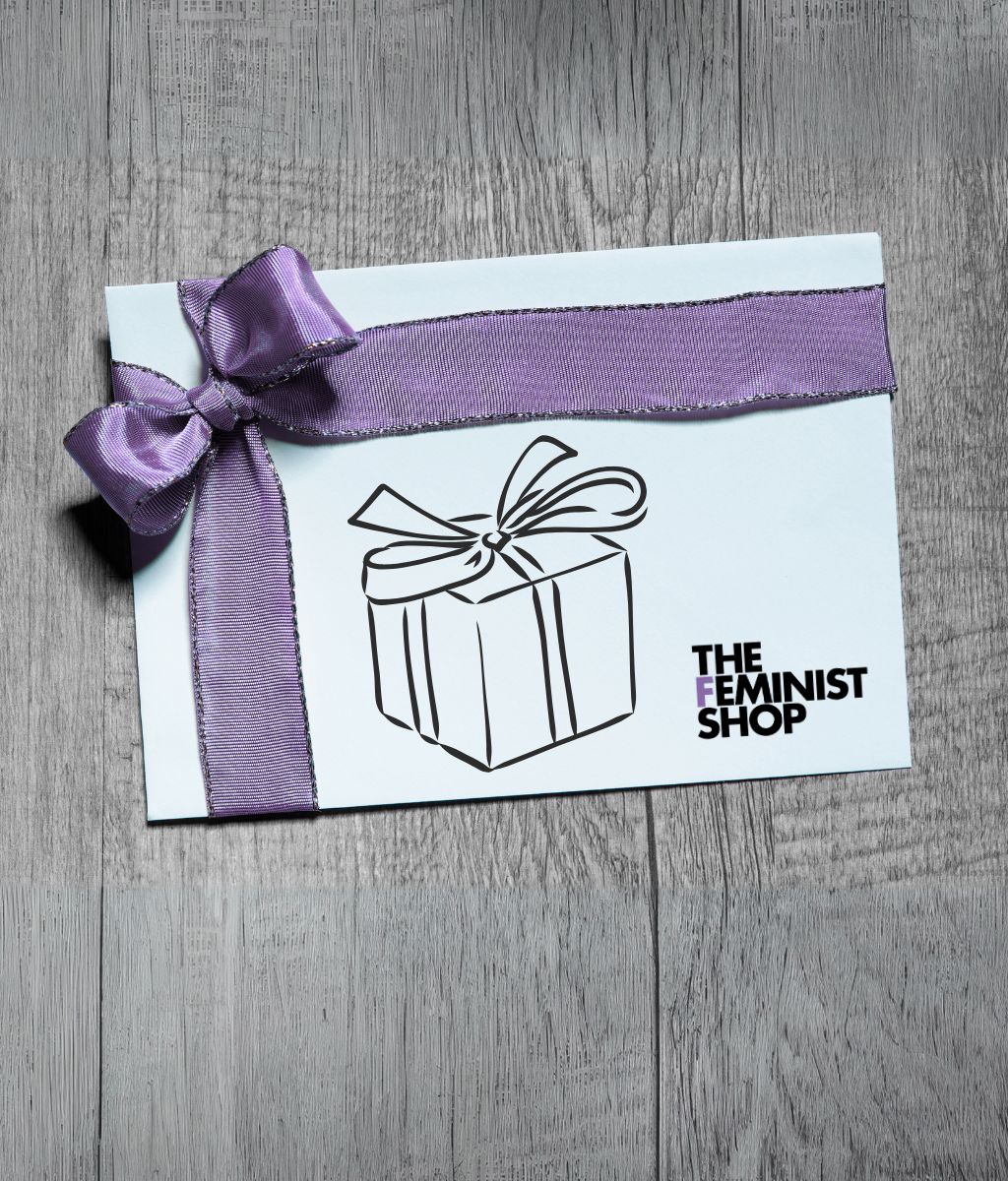
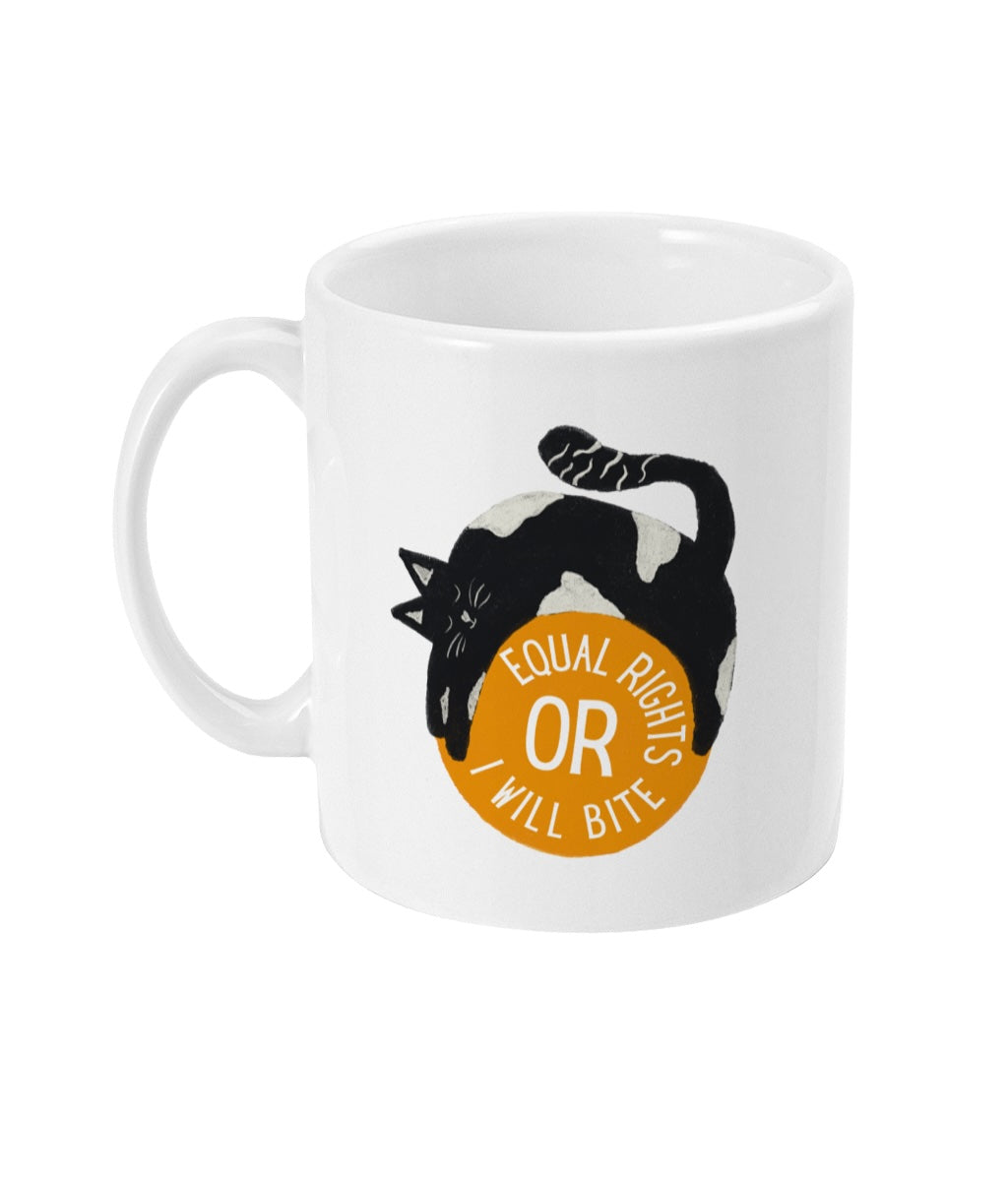
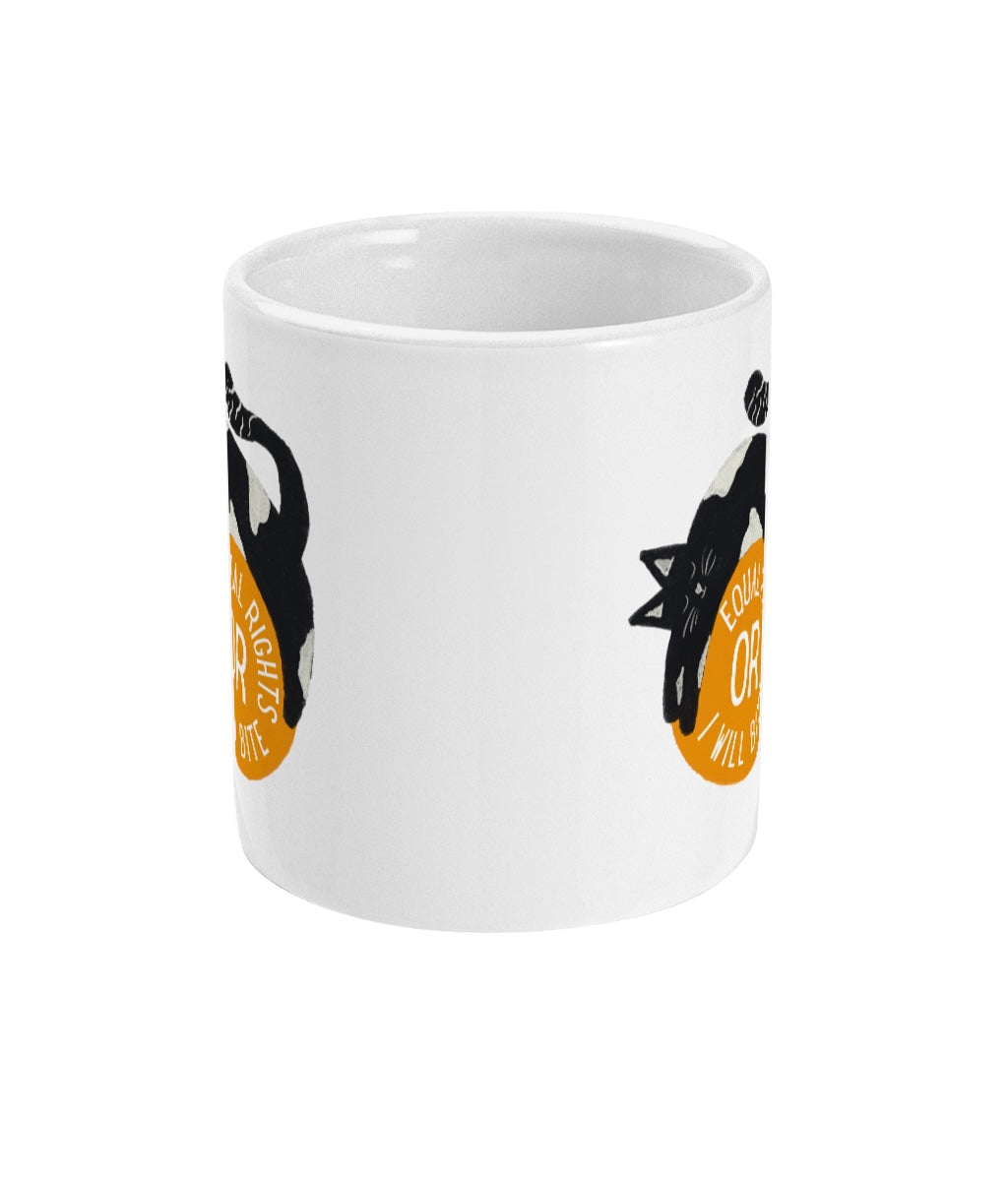
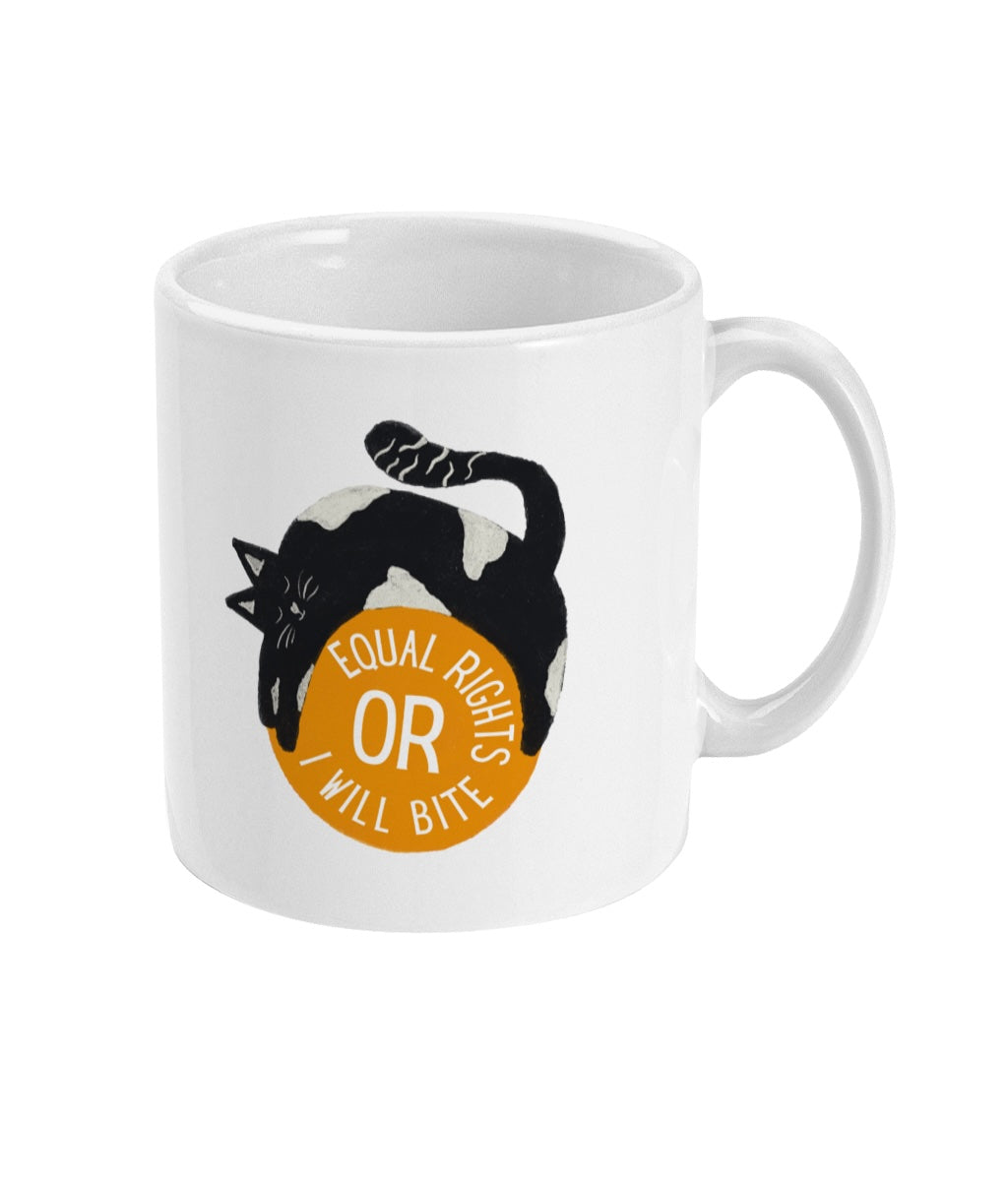
0 comments